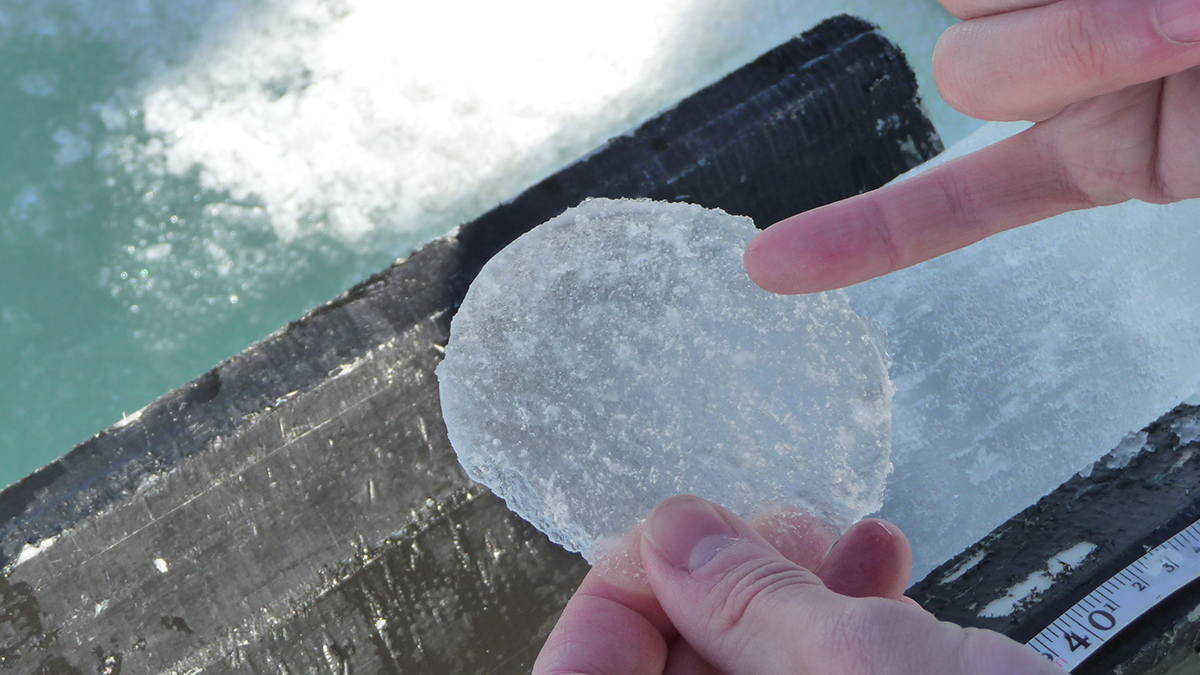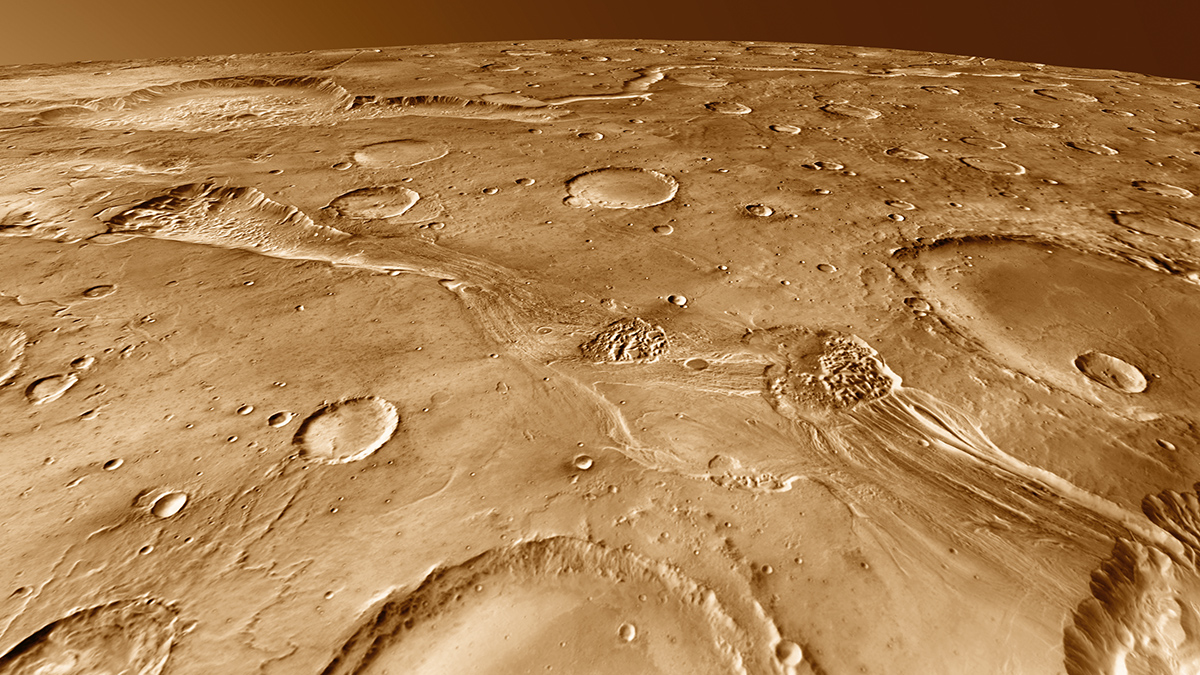Antarctic ice records uncovered seven previously unknown jumps in atmospheric carbon dioxide. These events may have been driven by changes in Earth’s tilt.
Katherine Kornei
Katherine Kornei is a freelance science journalist covering Earth and space science. Her bylines frequently appear in Eos, Science, and The New York Times. Katherine holds a Ph.D. in astronomy from the University of California, Los Angeles.
Sedimentos Caribenhos Rastreados até o Terremoto e Tsunami Português de 1755
Arqueólogos escavando na Martinica encontraram por acaso o primeiro depósito de tsunami do terremoto encontrado no Novo Mundo. Ao que parece, o tsunami deixou um forte rastro, pois a onda passou por cima de um rio.
Rancho Palos Verdes Landslides Have Residents Seeking Science
Residents of Rancho Palos Verdes are looking to the scientific community for help in understanding the slow-moving landslides that are destroying their community.
These Five Craters May Have Birthed a Third of Martian Meteorites
Researchers have homed in on five craters on the Red Planet that are the likely sources of Martian meteorites.
Lots of Dust Gets Sucked Up by Jet Engines
Changing flight times and holding altitudes could substantially reduce the amount of wear-inducing dust ingested by jet engines.
A Binary Asteroid System Gets Its Geological Close-Up
Researchers are learning more about the geology and evolution of the binary asteroid system Didymos from high-resolution imagery collected by the Double Asteroid Redirection Test mission.
Das Oktoberfest—viel Bierzeltdunst und Methan
Unvollständige Verbrennung und biogene Emissionen—Atemausstoß und Flatulenz—machen das Oktoberfest zu einer starken, wenn auch zeitlich begrenzten Quelle des potenten Treibhausgases.
Im Miozän gab es über dem heutigen Deutschland ein „doppeltes Meteoriten-Desaster”
Mit der Analyse der Sedimente, die durch den Einschlag durcheinandergeworfen wurden, konnten Forschende zeigen, dass zwei Einschlagkrater zwischen Schwäbischer und Fränkischer Alb nicht durch den gleichzeitigen Einschlag von zwei aneinander gekoppelten Himmelskörpern, sondern durch die Einschläge von zwei verschiedenen Meteroiten entstanden.
Smells Like an Exoplanet
Hydrogen sulfide, spotted in the atmosphere of the exoplanet HD 189733 b, helps constrain how the planet formed.










